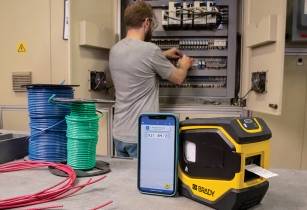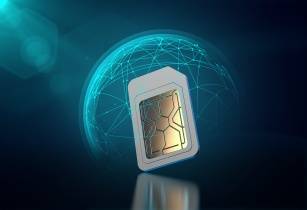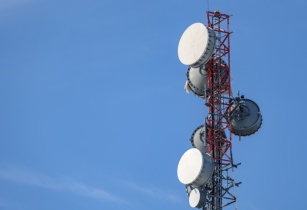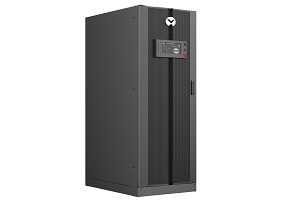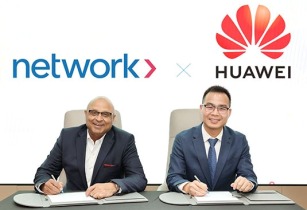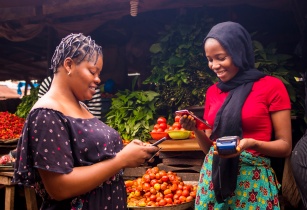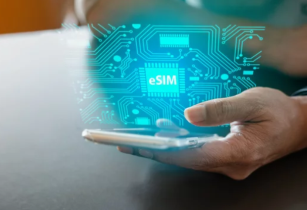South Korean telecom major Samsung is pioneering an initiative by restructuring shipping containers as solar-powered classrooms in rural Ghana
Local reports stated that the Solar-Powered Internet Schools Initiative is part of Samsung’s citizenship programme, and brings mobile classrooms loaded with gadgets.
Every mobile shipping container will be fitted with desks, a 65-inch electronic board, Internet-enabled solar-powered notebooks, Samsung Galaxy tablet computers and Wi-Fi cameras.
Each classroom is 12 metres long, portable and can accommodate up to 24 students. The schools are specifically designed to endure African climatic conditions – they can withstand energy-scarce environments, harsh weather conditions and cover long distances.
The units have fold-away solar panels, which provide enough energy to power the classrooms’ equipment for up to nine hours each day, and for one-and-a-half days without any sunlight. The panels are made of rubber instead of glass, enabling them to survive long journeys across the continent.
Samsung is working with the government of Ghana, Ministry of Education, local educators, content developers, school administration and management to integrate Internet schools into Ghana’s local communities by the end of July 2014, according to reports.
With the programme, Samsung hopes to reach 2.5mn learners by 2015. In May 2014, Samsung Electronics East Africa launched the first solar-powered Internet school in Kenya. The company was keen on launching pilot programmes in South Africa, Nigeria, Senegal and Sudan as well.









